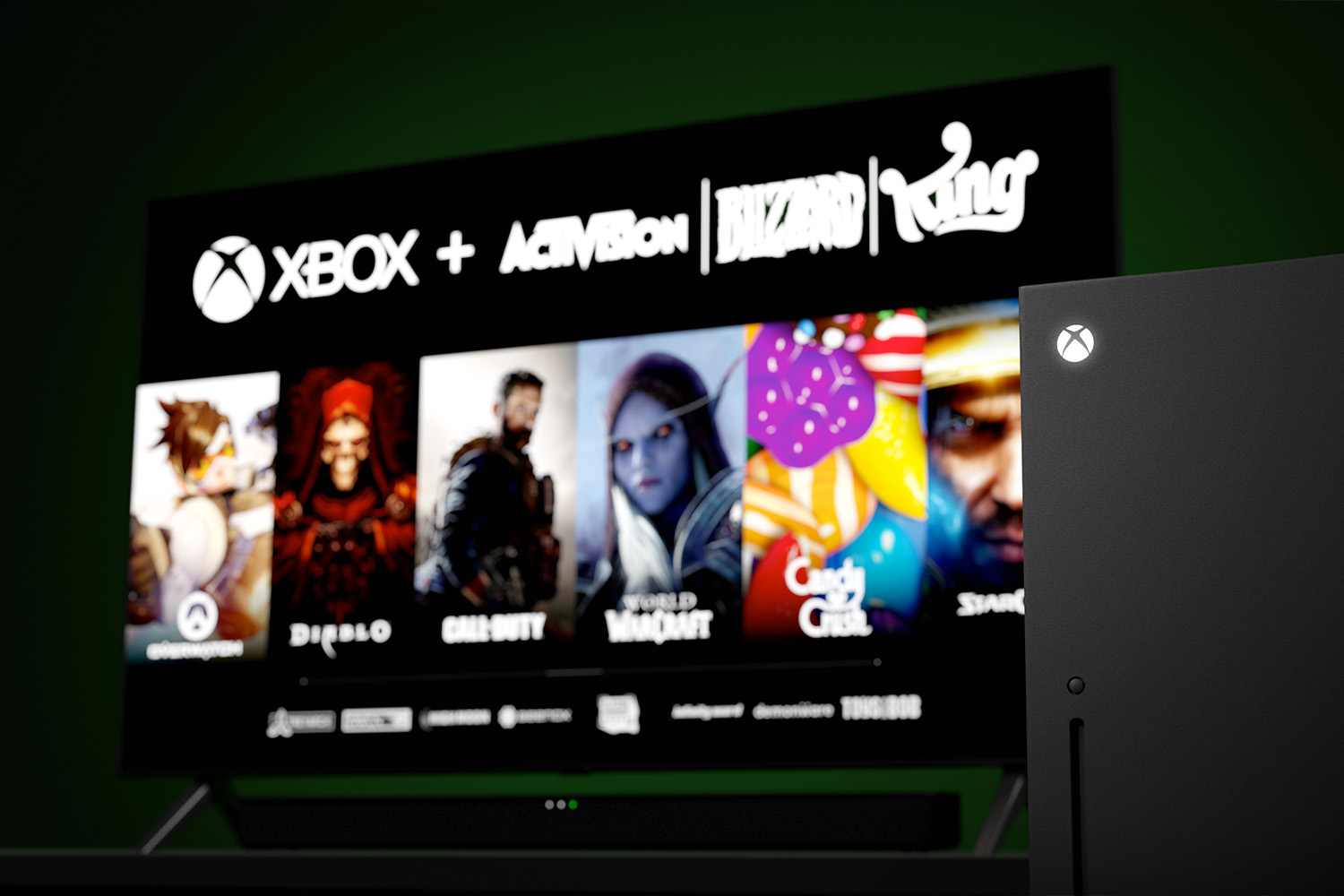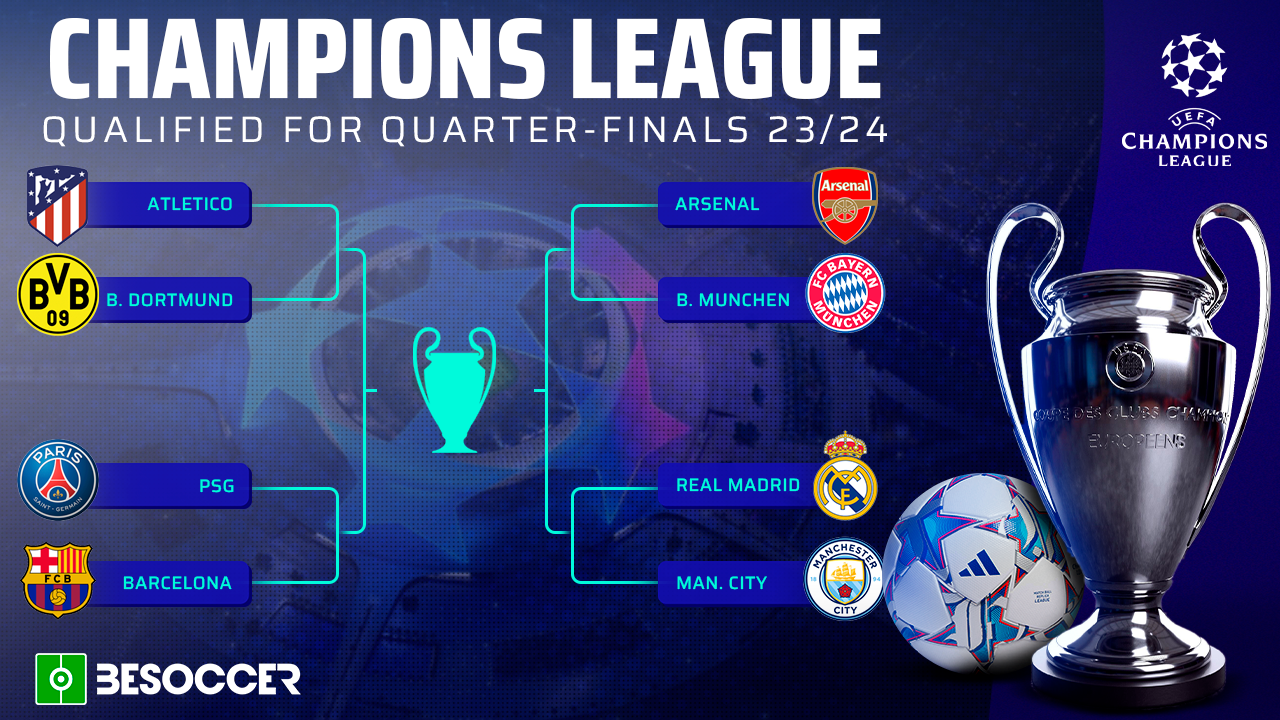FTC Challenges Microsoft's Activision Blizzard Acquisition In Court Appeal

Table of Contents
The FTC's Core Arguments Against the Merger
The FTC's core argument centers on the potential for the merger to stifle competition and harm consumers. They contend that combining Microsoft's existing market power with Activision Blizzard's vast portfolio of popular games, including the immensely successful Call of Duty franchise, would create an anti-competitive monopoly. Keywords: Antitrust, Monopoly, Competition, Market Domination, Call of Duty
-
Unfair Advantage in Console Gaming: The FTC argues the merger would give Microsoft an insurmountable advantage, particularly in the console gaming market. By owning both Xbox and Activision Blizzard's studios, Microsoft could potentially leverage exclusive content and features to lock out competitors like Sony's PlayStation.
-
Exclusionary Practices with Call of Duty: Control of franchises like Call of Duty, a massively popular and influential title, could be used to exclude competitors from major gaming platforms. Microsoft could make Call of Duty exclusive to Xbox, severely impacting PlayStation's competitiveness.
-
Higher Prices and Reduced Innovation: The acquisition could lead to higher prices for gamers due to reduced competition and less incentive for innovation. A less competitive market typically results in less innovation and higher prices for consumers.
-
Impact on Subscription Services: The FTC also raises concerns about the impact on subscription services like Xbox Game Pass. Including Activision Blizzard's titles exclusively in Game Pass could further cement Microsoft's dominance and disadvantage rivals with their own subscription offerings.
Microsoft's Defense Strategies
Microsoft vehemently denies the FTC's accusations, arguing that the merger will actually benefit consumers through broader access to games and increased competition in the subscription service market. Keywords: Microsoft, Activision Blizzard, Defense Strategy, Counterarguments, Remedies, Gaming Industry
-
Benefits for Consumers: Microsoft argues that the merger will broaden access to games through Xbox Game Pass, offering a wider library of titles to subscribers. They highlight the potential for more game development and innovation.
-
Call of Duty on PlayStation: A key element of Microsoft's defense is its commitment to keeping Call of Duty on PlayStation. Microsoft has publicly pledged long-term agreements to ensure the game remains available on Sony's platform, directly countering the FTC's concerns about exclusionary practices.
-
Proposed Remedies: Microsoft has offered several remedies to address the FTC's concerns, including licensing agreements that would ensure fair access to Activision Blizzard's games for other platforms. These remedies demonstrate a willingness to compromise and maintain competition.
-
Economic Arguments: Microsoft has also presented economic arguments to the court, demonstrating the benefits of the merger through increased efficiency and investment in game development. These analyses aim to show the positive impact on the market.
Potential Outcomes and Implications
The outcome of the court appeal remains uncertain. However, several potential scenarios exist, each with significant implications for the gaming industry and future mergers and acquisitions. Keywords: Court Ruling, Market Impact, Future of Gaming, Antitrust Precedent, Regulatory Landscape
-
FTC Victory: An FTC victory would block the merger, setting a strong precedent for future antitrust enforcement in the tech sector and potentially slowing down large-scale acquisitions in the gaming industry.
-
Microsoft Victory: A Microsoft victory would allow the acquisition to proceed, potentially consolidating Microsoft's power in the gaming market and influencing future merger activity.
-
Negotiated Settlement: A negotiated settlement could involve concessions from Microsoft, such as stricter licensing agreements or structural changes to the acquisition. This would be a compromise solution.
-
Impact on Future Mergers and Acquisitions: Regardless of the outcome, this case will significantly impact future mergers and acquisitions in the tech and gaming sectors, influencing how regulatory bodies approach such deals. It will set a precedent for future antitrust reviews. The long-term consequences for competition and consumer choice in the gaming market remain to be seen.
The Role of Call of Duty in the Legal Battle
Call of Duty plays a central role in this legal battle, representing a key battleground for arguments regarding market dominance and exclusive content. Keywords: Call of Duty, Exclusive Content, PlayStation, Xbox, Franchise Power
-
Market Dominance: Call of Duty's market dominance makes it a critical asset in the fight. The FTC worries about Microsoft’s potential to leverage it for anti-competitive practices.
-
Availability on Other Platforms: Microsoft’s repeated assertions about Call of Duty’s continued availability on PlayStation are central to their defense. However, the specifics and long-term commitment remain crucial points of contention.
-
Ramifications for Future Exclusive Content: The outcome will significantly impact future exclusive content deals in the gaming industry, influencing how publishers and platform holders negotiate such agreements. This case will set a precedent for future exclusive deals.
Conclusion
The FTC's challenge to Microsoft's acquisition of Activision Blizzard represents a pivotal moment for antitrust law and the future of the gaming industry. The outcome will significantly influence the regulatory landscape for future tech mergers and acquisitions, particularly within the increasingly competitive gaming market. The central arguments around competition, market dominance, and the role of blockbuster franchises like Call of Duty underscore the complex issues at play. Stay informed about the ongoing legal battle surrounding the Microsoft-Activision Blizzard acquisition. Follow developments to understand the evolving implications of this landmark case for the future of competition in the gaming industry and beyond. Continue to explore the complexities of the FTC's challenge and Microsoft's response to the FTC's challenge to the Activision Blizzard acquisition.

Featured Posts
-
 Runes Dominant Victory Indian Wells Masters Triumph Over Tsitsipas
May 31, 2025
Runes Dominant Victory Indian Wells Masters Triumph Over Tsitsipas
May 31, 2025 -
 Road To The Champions League Final Psg And Inter Milans Journey
May 31, 2025
Road To The Champions League Final Psg And Inter Milans Journey
May 31, 2025 -
 Creating The Good Life Mindset Habits And Actions
May 31, 2025
Creating The Good Life Mindset Habits And Actions
May 31, 2025 -
 Munguias Doping Allegations A Denial Following Adverse Test
May 31, 2025
Munguias Doping Allegations A Denial Following Adverse Test
May 31, 2025 -
 Jannik Sinner Tai Rome Masters San Sang Cho Tran Dau Voi Carlos Alcaraz
May 31, 2025
Jannik Sinner Tai Rome Masters San Sang Cho Tran Dau Voi Carlos Alcaraz
May 31, 2025
